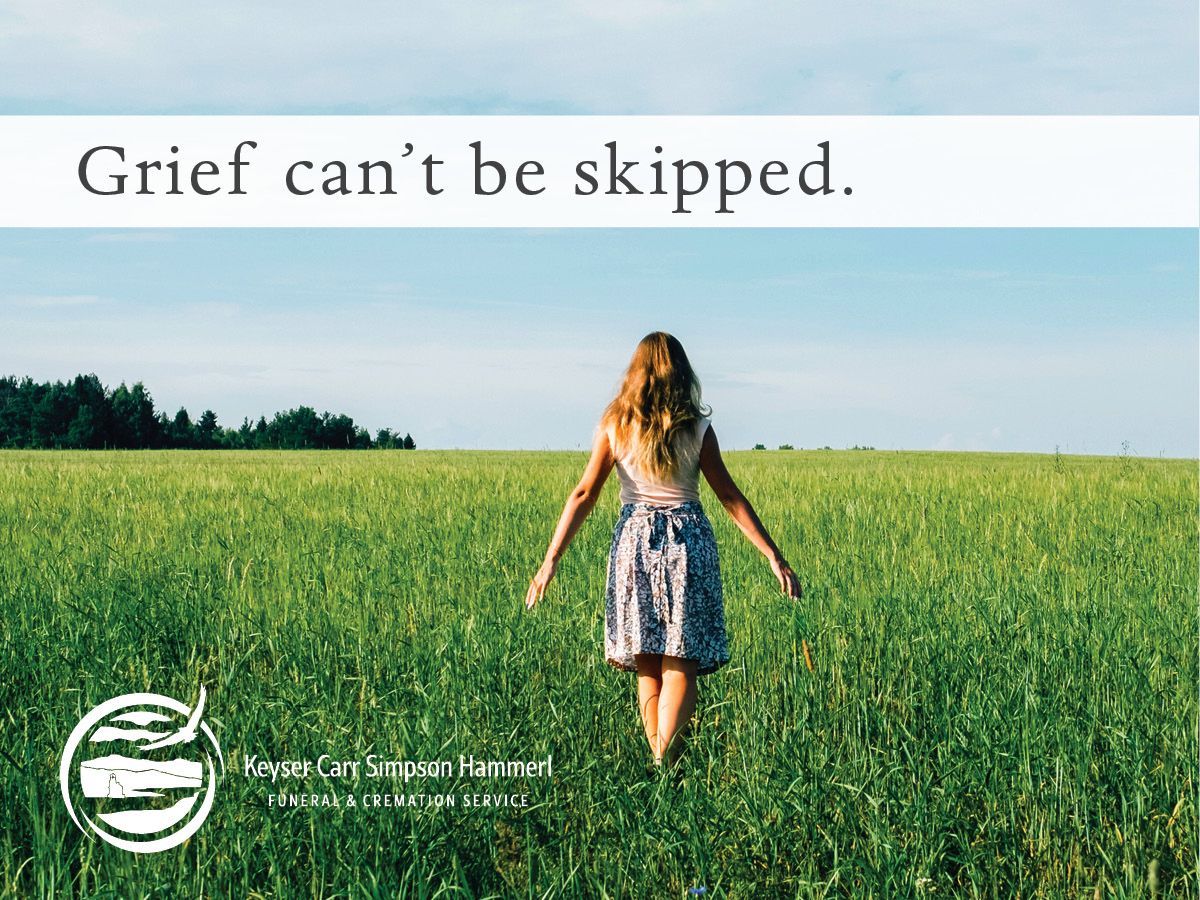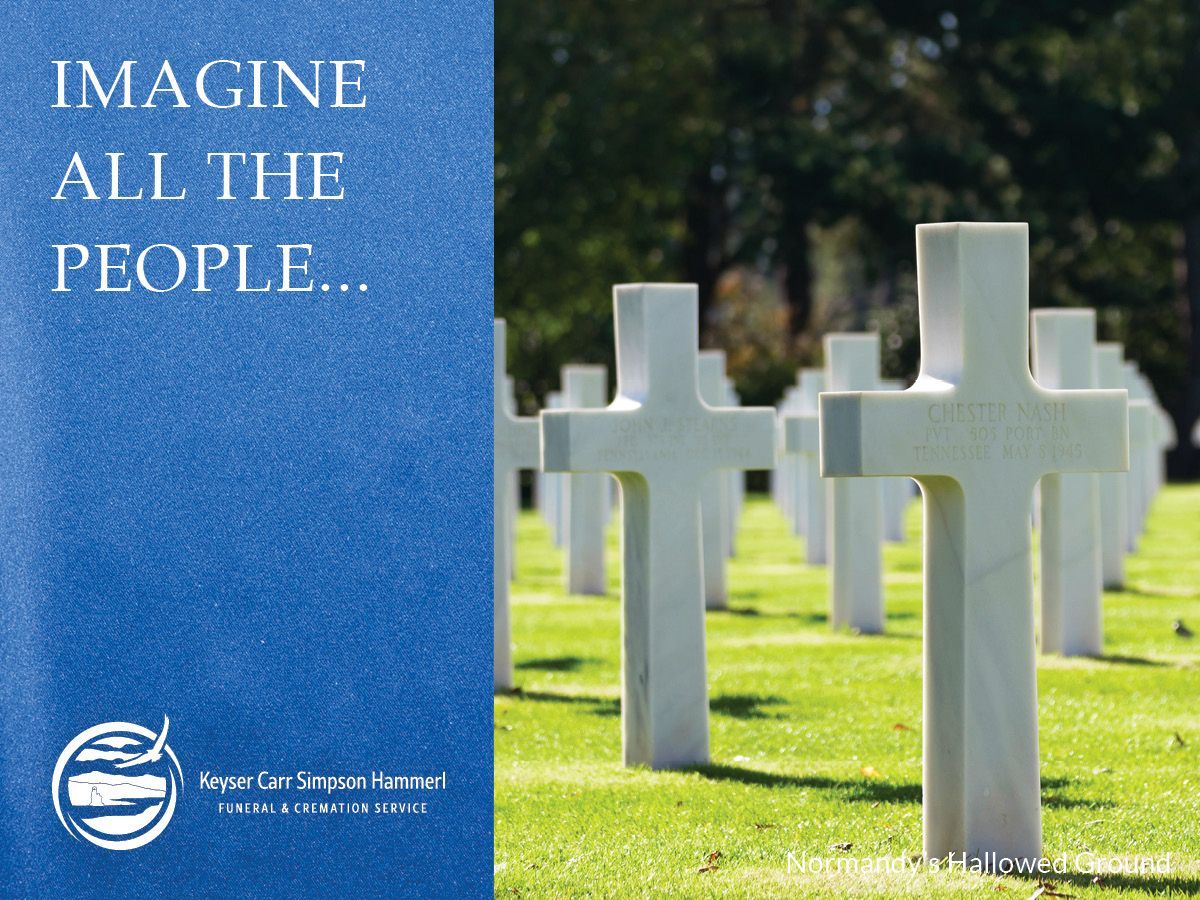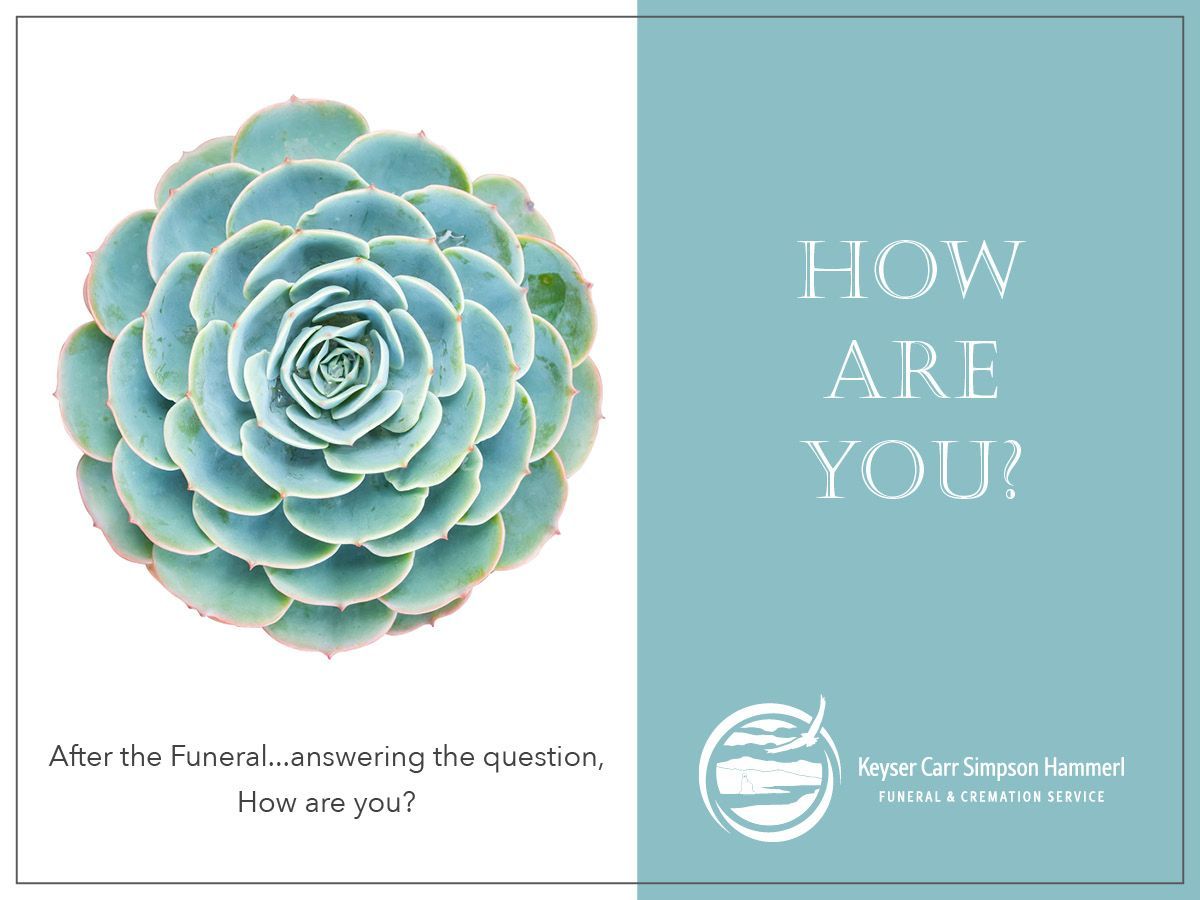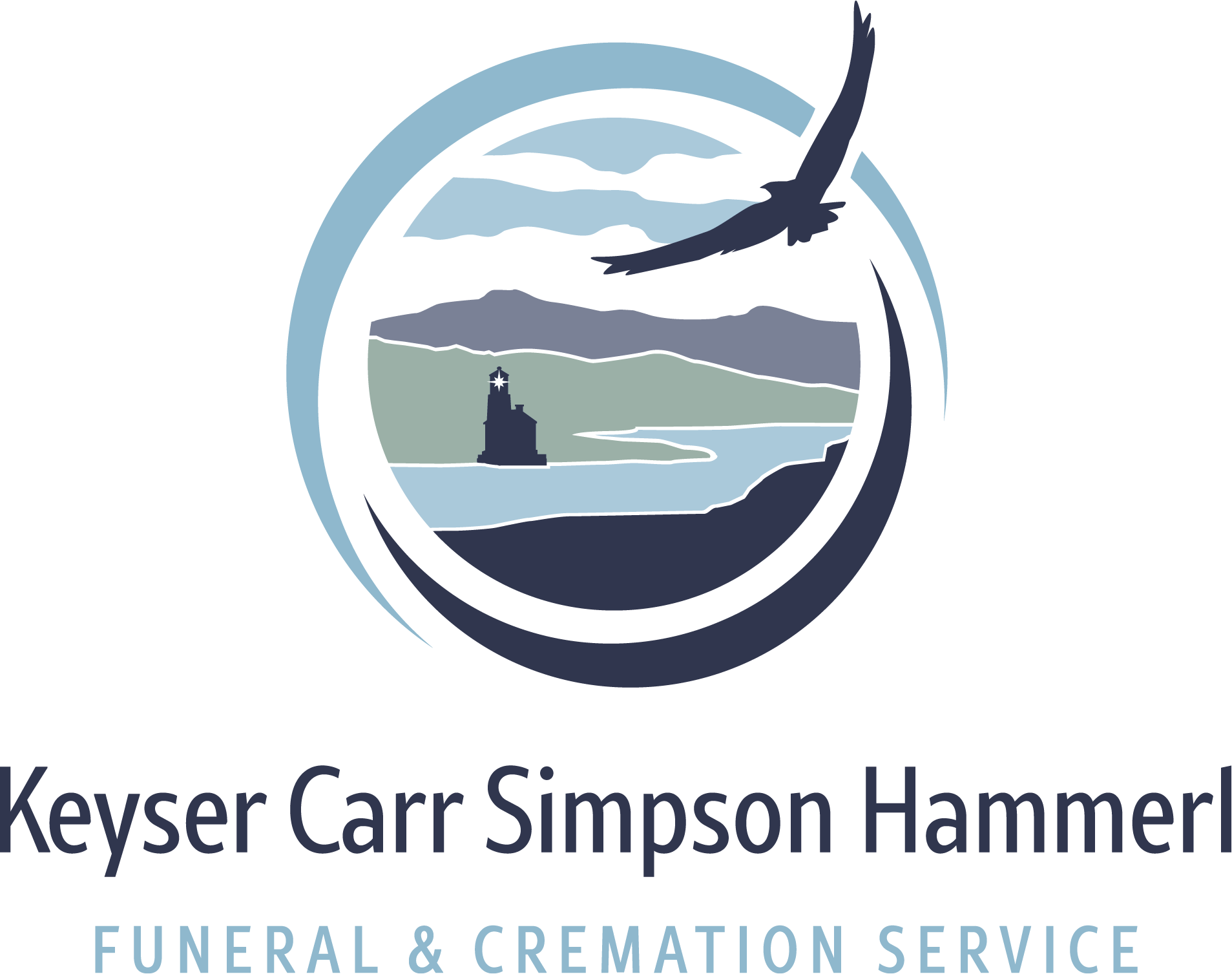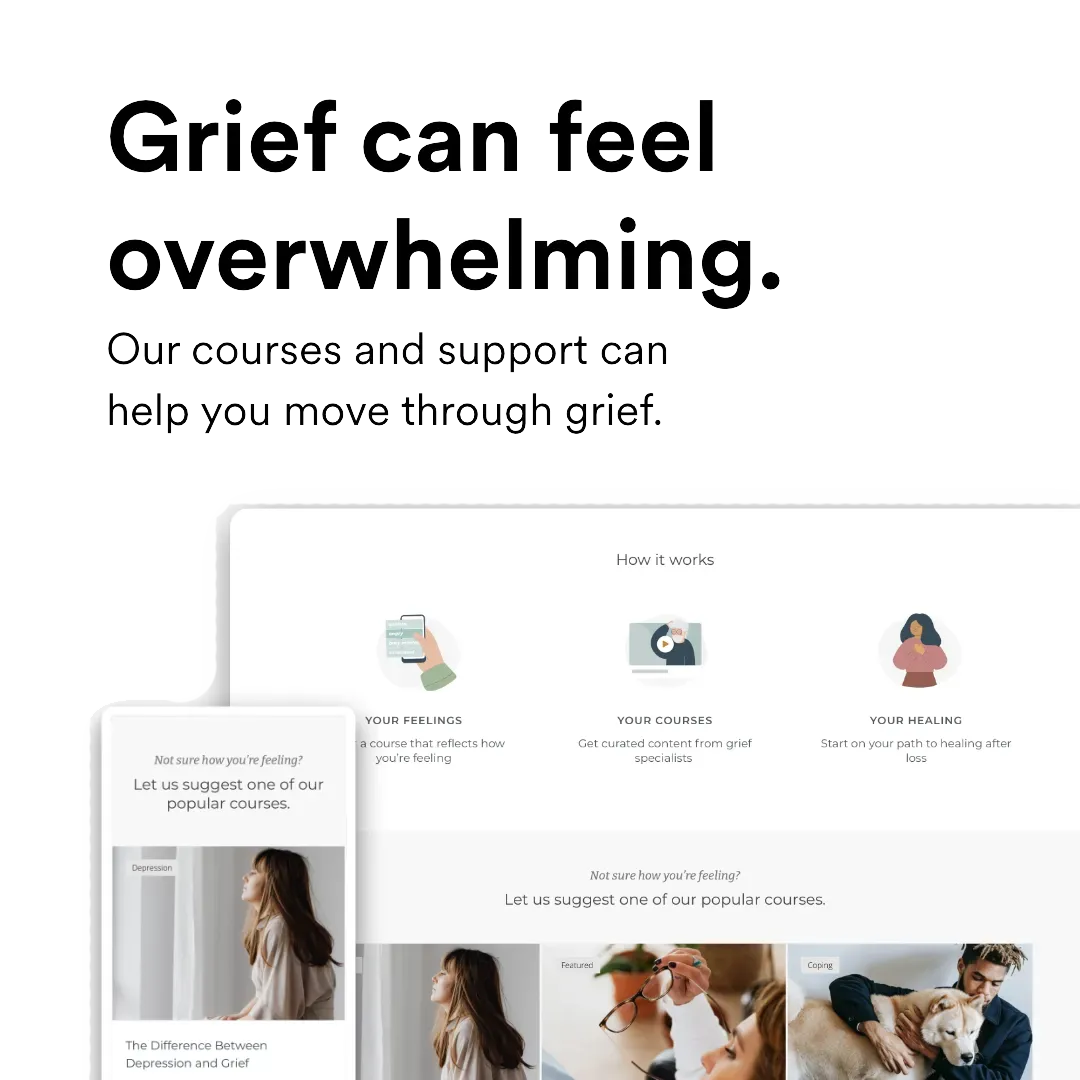65 or over: don’t be a fall statistic
65 or over: don't be a fall statistic

According to the CDC, an older adult (age 65+) suffers a fall in the U.S. every second of every day, making falls the leading cause of injury and injury death in this age group.
If you or someone you care about are in this age group, it is time to do a safety assessment and possibly make a few adjustments.
Footwear
· You are looking for support of the entire foot. Skip the mules, toss the stretched-out loafers, and go for shoes that stabilize the heel of the foot and fit snugly. Shoes that tie and have a non-slip sole are best. If you notice an older person is shuffling, not picking up their feet when they walk, check their shoes. House shoes/slippers should follow the same guidelines as outdoor footwear, closed in heel and non-slip soles.
Snow and Ice
· Can we just say, stay in during bad weather if possible? That means slowing down and doing a cost to benefit assessment before initiating action. Ask yourself, “why am I going out now?” Could the morning paper resting on the ice glazed driveway wait? Perhaps you could give the sun a chance to warm the pavement and melt the ice? What harm would come if you read the morning paper in the afternoon? We are all creatures of habit. We read our paper with our morning coffee; we get the mail from the box every day, sometimes the minute it arrives. Avoiding falls means slowing down, thinking it through, weighing the options and choosing safety over habit. When you do go out take the time to change into your boots, carry a walking stick or cane to help you stabilize, and choose the path that provides the most traction. Be sure someone knows you have gone outside or, if you are alone, take your cell phone with you.
Changing Position
· When moving from lying down (bed) to walking (to the bathroom) take your time. Sit on the edge of the bed, dangle your feet, give your head a moment to catch up to your new position. Then plant your feet squarely on the floor and wait one click before you take off for your destination. When moving from sitting to standing, plant your feet on the floor then push up using your thigh muscles to rise. Hint: Begin to preserve the strength in your thighs. When you reach your early 60s avoid using your arms to assist with getting from sitting to standing. Keep those thigh muscles strong as long as you can. Move. Move. Move.
Find a Safety Buddy
· Lots of seniors are spending more time alone these days. That means that if a fall does occur, they will be on their own. Finding someone who can act as a “safety buddy” for a senior living alone is a good idea. When the senior is going to do something “risky”, climb a ladder, wash windows, carry the Christmas tree to the basement, weed the garden, they would place a call to their safety buddy letting him or her know what they are going to do. The two would work together to determine how much time it will take to complete the task. The senior can pledge to call his buddy back when he has completed the dangerous task. That way if a fall occurs and the buddy doesn’t get his call back he will know to check in and get help if needed. Better yet, get help with dangerous tasks!
Keep Moving
· Inside or outside, keep moving and doing. Take a walk and take your phone with you. Walk your well-behaved dog. If you are a couch potato, clean up the space that surrounds you. Have you put too much of your stuff right at your fingertips so that you don’t need to move? Are you limiting your movement too much? If you are an impulsive/quick mover, slow down but do not stop. Keep your eye on where you are going when you move. Observe your surroundings and avoid the cracks in the sidewalk and the bumps in the road.
Accidents are not planned. They always come unexpectedly. Listen to the little voice in your gut or head. When it says something should wait, or you should get help, or what you are considering doing is risky - LISTEN. Resist the temptation to overrule that inner warning. Look for a safer way to complete the task or work on finding someone to help you.




